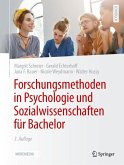
44,99 €**
34,99 €
**Preis der gedruckten Ausgabe (Broschiertes Buch)
Sofort per Download lieferbar
Versandkostenfrei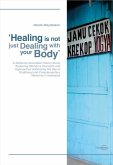
eBook, PDF
17. Februar 2020
regiospectra Verlag Berlin
Ähnliche Artikel

44,99 €**
20,67 €
**Preis der gedruckten Ausgabe (Broschiertes Buch)
Sofort per Download lieferbar
eBook, PDF
20. August 2013
Springer Berlin Heidelberg
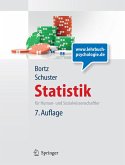
69,99 €**
39,99 €
**Preis der gedruckten Ausgabe (Gebundenes Buch)
Sofort per Download lieferbar
VersandkostenfreieBook, PDF
17. Februar 2011
Springer Berlin Heidelberg
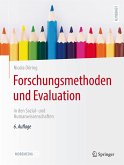
59,99 €**
46,99 €
**Preis der gedruckten Ausgabe (Gebundenes Buch)
Sofort per Download lieferbar
VersandkostenfreieBook, PDF
22. Februar 2023
Springer Berlin Heidelberg
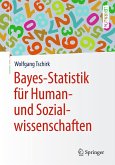
54,99 €**
42,99 €
**Preis der gedruckten Ausgabe (Broschiertes Buch)
Sofort per Download lieferbar
VersandkostenfreieBook, PDF
10. Juli 2018
Springer Berlin Heidelberg
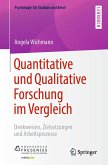
24,99 €**
19,99 €
**Preis der gedruckten Ausgabe (Broschiertes Buch)
Sofort per Download lieferbar
eBook, PDF
12. September 2019
Springer Berlin Heidelberg
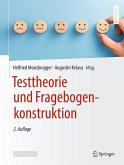
64,99 €**
49,99 €
**Preis der gedruckten Ausgabe (Gebundenes Buch)
Sofort per Download lieferbar
VersandkostenfreieBook, PDF
25. August 2020
Springer Berlin Heidelberg
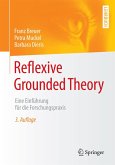
37,99 €**
29,99 €
**Preis der gedruckten Ausgabe (Broschiertes Buch)
Sofort per Download lieferbar
Versandkostenfrei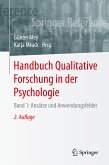
139,99 €**
129,99 €
**Preis der gedruckten Ausgabe (Gebundenes Buch)
Sofort per Download lieferbar
VersandkostenfreieBook, PDF
2. Juli 2020
Springer Fachmedien Wiesbaden
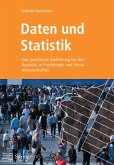
39,99 €**
29,99 €
**Preis der gedruckten Ausgabe (Broschiertes Buch)
Sofort per Download lieferbar
Versandkostenfrei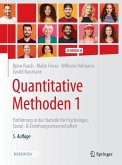
17,99 €**
12,99 €
**Preis der gedruckten Ausgabe (Broschiertes Buch)
Sofort per Download lieferbar
Ähnlichkeitssuche: Fact®Finder von OMIKRON
